Student Forum (Open Session)
- Starts at
-
05 Oct 22 15:30 UTC - Finishes at
-
05 Oct 22 17:15 UTC - Venue
- Virtual Conference Room B
- Moderator
- Ying-Hsang Liu
Moderator
-
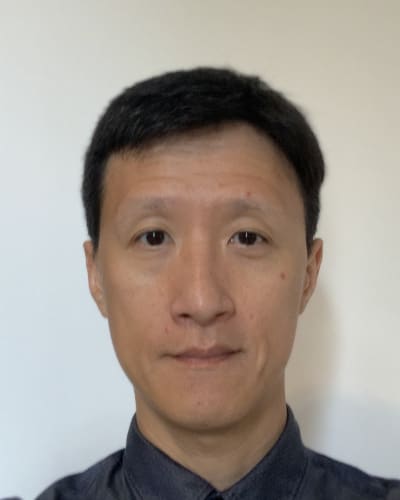
Ying-Hsang Liu
Oslo Metropolitan University
Ying-Hsang Liu is a Senior Researcher in Information Studies at Oslo Metropolitan University in Norway. His research lies at the intersections of knowledge organisation, interactive information retrieval and human information behaviour.
Presentations
Virtual Reunite for the Overseas Bronzes from Ancient China in Linked Open Data Environment
Authors: Shupei Wang
As a characteristic part of Chinese cultural heritage, bronzes are important research objects for historians and humanist scholars to study ancient China, and it is a unique way for the pubic to learn about Chinese culture. For historical reasons, many exquisite bronzes were lost overseas and collected by museums in America, France or Japan. With the Open access implemented by most museums, the data of Chinese bronzes have been published with varying degrees of detail. A systematic understanding of bronzes' culture could be a positive impact for the cultural exchange for the public. The project aims to enhance the process of information-seeking and utilization among Chinese bronze-related cultural heritage. How to aggregate the scattered data of overseas Chinese bronzes together is a key component of this project. In linked data environment, this project proposes an aggregation framework for the virtual reunite for the overseas bronzes, referring to Getty Vocabularies experiences. Currently, it is in the pilot stage. In the future, the final version is to provide a platform for professionals to facilitate the communication and research, and also, for the communication of the culture of Chinese ancient bronzes among public.
-

Shupei Wang
Sichuan University
Shupei Wang is a postgraduate student in library and information who studies at the School of Public Administration of Sichuan University. He received a bachelor's degree in electrical engineering in 2020. His current research interests are culture heritage metadata and data management systems.
A Metadata Workflow for Digitizing Community Archives
Authors: Heather Charlotte Owen, Brendan Honick, Qiaoyi Liu
For a class project as part of the Master’s of Library and Information Science program at Syracuse University, we collaborated with the Theodore Burr Covered Bridge Resource Center (TBCBRC) to create a metadata workflow for staff and volunteers to use as they digitize physical resources. The central challenge was recommending low-cost solutions to keep this process accessible for the TBCBRC, a community cultural heritage institution. Additionally, staff and volunteers had limited prior experience with metadata, so we did not want to recommend an overly complicated workflow. The primary components of our recommendation include a metadata intake form built using Google Forms, a prototype map visualization generated via Tableau Public, and an optional data model that can be adapted to meet the evolving data storage needs at the TBCBRC. The purpose of this project was to assist the TBCBRC in making metadata more accessible to its users. In particular, the map visualization allows users to interact with the center’s resources differently than using a search bar. This workflow lowers barriers to metadata record creation, enabling the archive’s stakeholders to have more control over how they organize their cultural heritage materials.
-
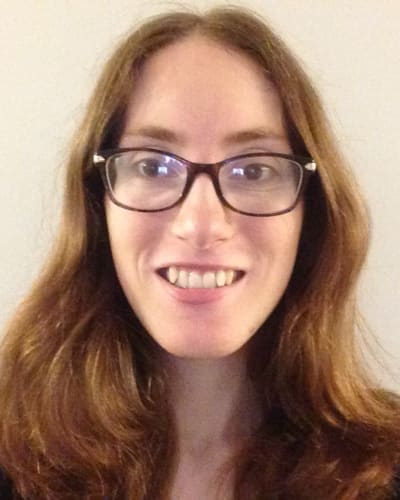
Heather Charlotte Owen
University of Rochester
Heather Charlotte Owen is the current Data Librarian at the University of Rochester River Campus Libraries. She graduated from Syracuse University in May 2022 with a MS in Library and Information Science and a Certificate in Advanced Studies in Data Science. Previously, she attained a BA in Mathematics and English Literature from the University of Rochester. Her research interests include research data management, data literacy, equitable and inclusive metadata, and social justice in libraries and archives.
-

Brendan Honick
Pittsburgh Supercomputing Center
I am a Data Curator & Metadata Librarian for Carnegie Mellon University at the Pittsburgh Supercomputing Center. Previously, I attained a M.S. in Library & Information Science from Syracuse University and a B.A. in Liberal Studies from Stockton University.
-
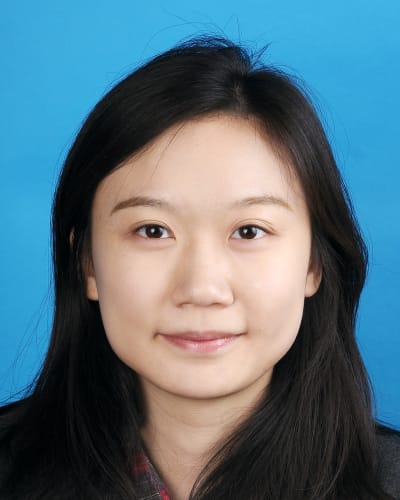
Qiaoyi Liu
Syracuse University
Qiaoyi(Joy) Liu is currently studying M.S in Library and Information Science and Certificate of Advanced Study in Data Science at Syracuse University. She worked with SUNY Upstate Medical University Health Science Library, Library Systems department on the management and visualization of usage and cost data for electronic resources. With a B.S degree in Biological Science, she is interested in medical and data librarianship, biocuration, and ecoinformatics.
Comparing MTI Indexing at the NLM to Human Indexing: A Pilot Study
Authors: Julia Bullard, Eileen Chen
Method: This pilot study compared MTI indexing with human indexing for 20 articles, each representing a journal from PubMed’s Abridged Indicus Medicus (AIM) list. Of the 20, 10 had the highest 2020 Journal Impact Factors (JIFs), and 10 had the lowest 2020 JIFs. Results: 1) The MTI and human indexers both assigned more terms to articles in the high JIF list, but the mean difference in terms between the high and low JIF lists was 6.4 for the MTI and only 2.3 for humans. 2) The MTI used the check tag “Human” in all applicable instances, but failed to use the check tag “Aged” whenever it was used by a human. 3) In all 6 instances where both sex check tags were used, the MTI ranked “Male” before “Female,” with a difference in rankings of 3-61 places. Conclusion: These findings suggest that the MTI carries over existing biases for mainstream medical topics over under-represented allied health topics, and support existing observations that the MTI’s check tag identification is poor without full text access. This may lead to risks of compromising the integrity of MeSH and widening existing inequities between subject areas and populations.
-
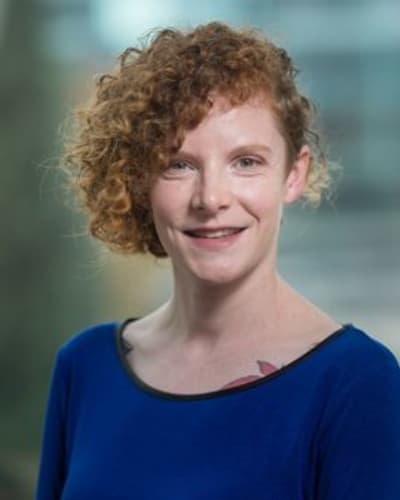
Julia Bullard
The University of British Columbia
Julia Bullard is an Assistant Professor at the UBC School of Information where she studies the design of knowledge organization systems. Her current work focuses on how catalogues can more fully represent LGBT2QIA+ communities and how traditional cataloguing represents Indigenous topics. She holds a PhD in Information Studies from the University of Texas at Austin, an MLIS from the University of British Columbia, and an MA in Cultural Studies and Critical Theory from McMaster University.
-
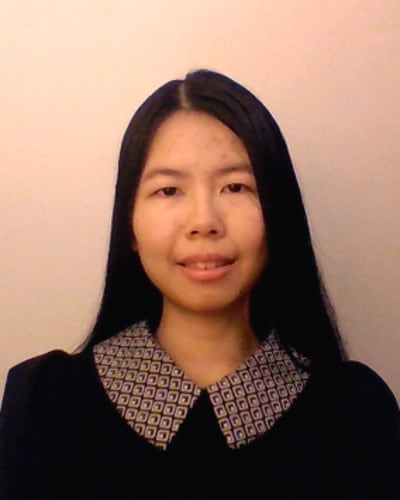
Eileen Chen
University of British Columbia
Eileen Chen is a graduating MLIS student at the University of British Columbia. She works at UBC's Woodward Library as a student librarian and Surrey Libraries as an information technician, and has also worked for the BC Children's Hospital as a research assistant for the Pediatric Palliative department.
Her interest in automated indexing stemmed from her experience working with computer-assisted translation tools as a freelance academic translator. She hopes to pursue health librarianship upon graduation.
Makespace Metadata Schema
Authors: Katie Colson, Cora Godfrey
Makerspaces and Fab Labs are growing in popularity and creating many resources as a result. While there is a great deal of research into starting a makerspace, and managing its physical space, there is a dearth of literature discussing organizing and managing the digital resources created. Approaching this issue from a library and information science background, we created a system of organization useful to both staff and patrons. Based on the digital resources of one makerspace, the Champaign-Urbana Community Fab Lab, we created a metadata schema, described in a data dictionary, that will create a structure and organization to allow findability, while remaining simple to use for staff and patrons. This case study was supervised by Professor Inkyung Choi at the University of Illinois Urbana-Champaign.
-
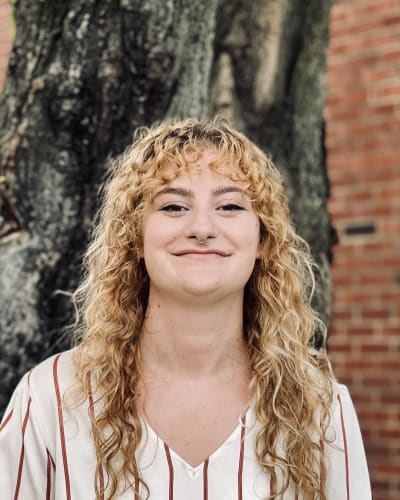
Katie Colson
University of Illinois at Urbana-Champaign
Katie Colson is currently a graduate student at the University of Illinois at Urbana-Champaign (UIUC), and starting her second year working towards a Master’s of Science in Library and Information Science. Her area of interest is in knowledge organization, specifically working to find the best way to create a web of information to connect people to resources. She wants to pursue that goal through cataloging or metadata work with the goal of helping libraries move into the future. Currently she is working as a graduate assistant cataloging at the Rare Book and Manuscript Library at UIUC, and she recently completed working as a Junior Fellow at the Library of Congress in metadata remediation and enhancement for the Law Library's blog.
-
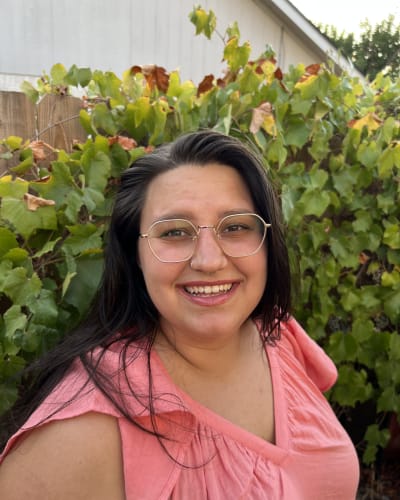
Cora Godfrey
University of Illinois
Cora graduated with her Masters of Science in Library and Information Science from the University of Illinois at Urbana Champaign in May 2022. She has an interest in practical cataloging and its intersection with nontraditional library spaces in creative ways. She currently resides in Texas, where she works for the University of Texas at Austin.

